I was delighted to attend and represent BU at The Society for Back Pain Research (SBPR) Annual General Meeting 5-6 November 2015 which was conveniently held in Bournemouth, at Anglo-European College of Chiropractic, a partner college of BU. SBPR was formed in 1971 to promote the study of all clinical and scientific aspects of spinal pain, including the neck (my area of interest), and to encourage research into its causes, treatment and prevention. There are now over 200 members of the Society, from a wide range of disciplines including all sorts of healthcare professionals and scientists. Suffice to say if there is anything about back pain this audience does not know it is probably not worth knowing! Having said that, attending this meeting reminded me just how much about back pain is still unknown…
Biological Factors in Non-Specific Back Pain
The title of this year’s meeting was ‘Biological Factors in Non-Specific Back Pain’ to place an emphasis on the ‘biological’. It has been over 25 years since the biopsychosocial model was applied to back pain but lately research has tended to be more concerned with psychosocial aspects, such as fear-avoidance behaviour or depression; research into physical findings to diagnose back pain has sadly not been very fruitful. [An important point was made by Professor Maurits van Tulder, that research has actually been largely focused on psychological factors, to the expense of social factors]. While psychosocial factors do seem to be important in influencing patients’ recovery, they don’t get us much closer to a diagnosis, to finding out what is producing and driving the patient’s pain.
However, one of the presentations at SBPR hinted at where the research focus as regards imaging (and MRI specifically) could perhaps go. One of Associate Professor Mark Hancock’s suggestions was that we need studies that focus on changes on MRI, in response to treatment (or no treatment). But how do we best measure such changes? Which treatments and for whom? Could findings on MRI in a person without back pain predict back pain in the future?
Want to know more? For a longer version of this blog, click here.
Many thanks to the Professional Practice Development community, Faculty of Health and Social Sciences, for making my attendance possible.
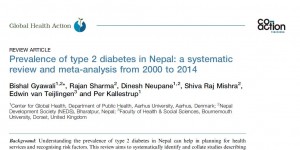

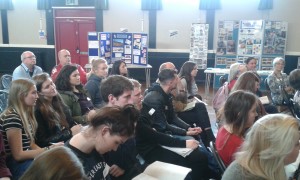

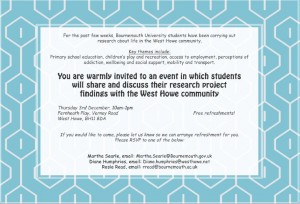



 This afternoon Prof. Jonathan Parker introduced the final of three session in the Executive Business Centre under the title ‘Enhancing social life through global social research: Part 3. Social science research in diverse communities’. This session was well attended and coveredwas a wide-range of interesting social science research topics.
This afternoon Prof. Jonathan Parker introduced the final of three session in the Executive Business Centre under the title ‘Enhancing social life through global social research: Part 3. Social science research in diverse communities’. This session was well attended and coveredwas a wide-range of interesting social science research topics.
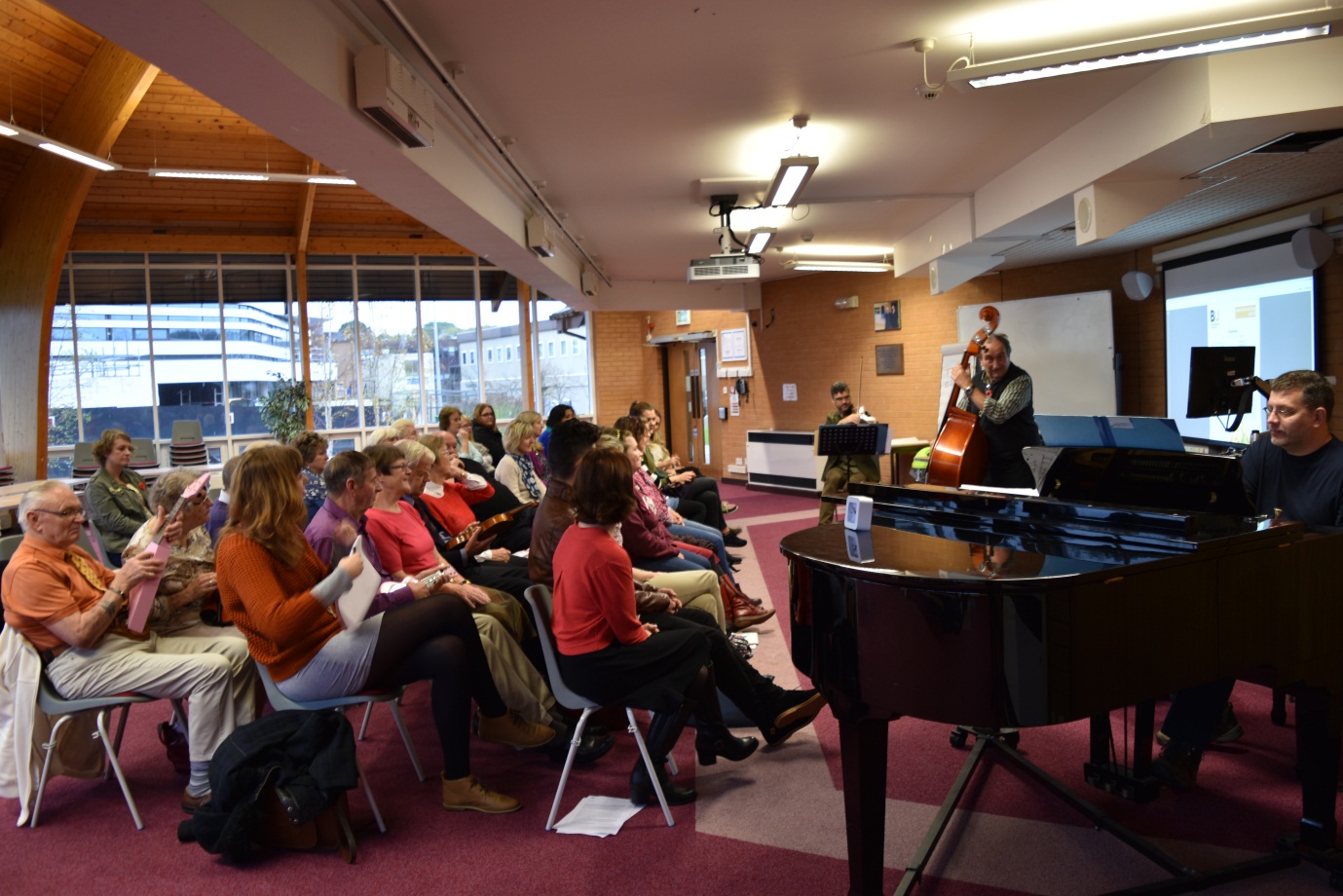
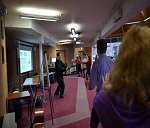

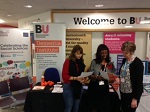
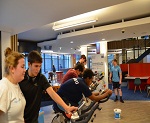
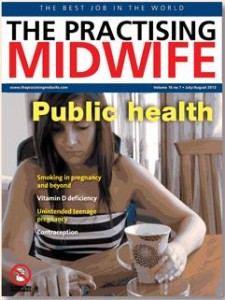 Carol Richardson, joint Portsmouth Hospitals NHS Trust and CMMPH’s PhD student, published her latest article ‘On running for supervisor’ in the most recent edition of The Practising Midwife. Carol as Clinical Academic Doctoral Midwife is conducting her thesis research on the topic of pregnancy and obesity. Her PhD is supervised by FHSS Prof. Vanora Hundley, Dr. Carol Wilkins & Prof. Edwin van Teijlingen.
Carol Richardson, joint Portsmouth Hospitals NHS Trust and CMMPH’s PhD student, published her latest article ‘On running for supervisor’ in the most recent edition of The Practising Midwife. Carol as Clinical Academic Doctoral Midwife is conducting her thesis research on the topic of pregnancy and obesity. Her PhD is supervised by FHSS Prof. Vanora Hundley, Dr. Carol Wilkins & Prof. Edwin van Teijlingen.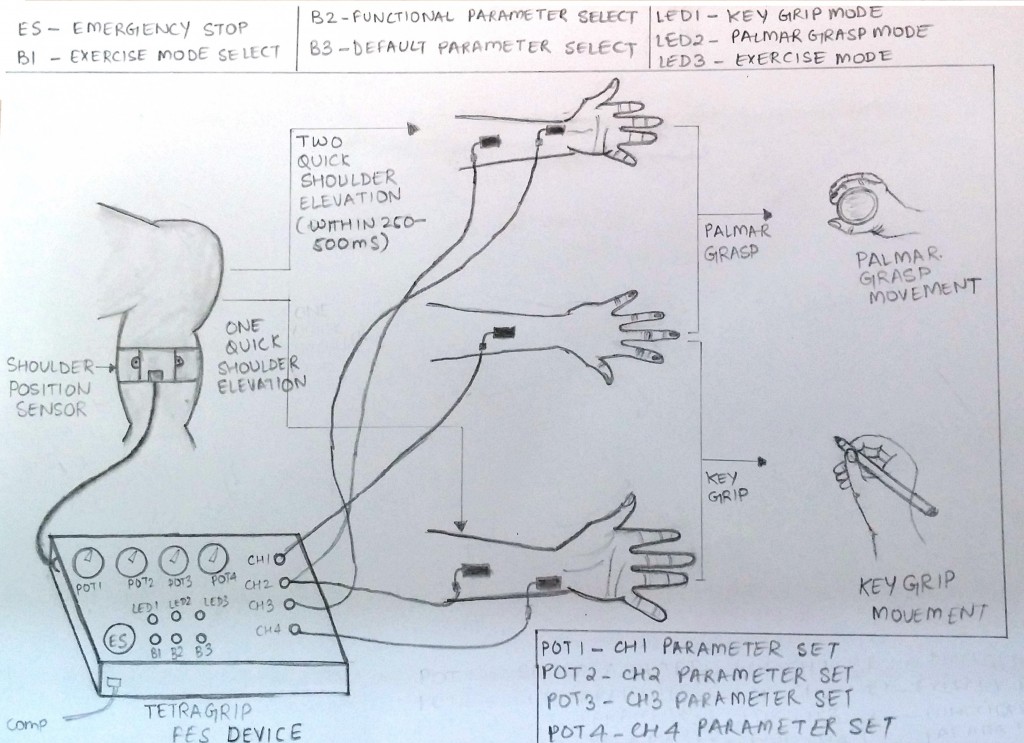
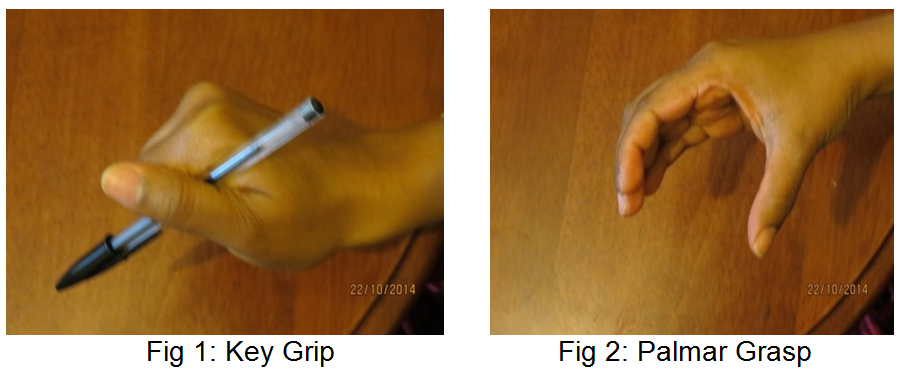
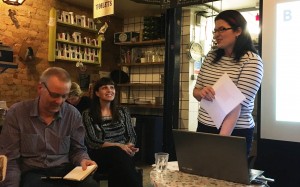

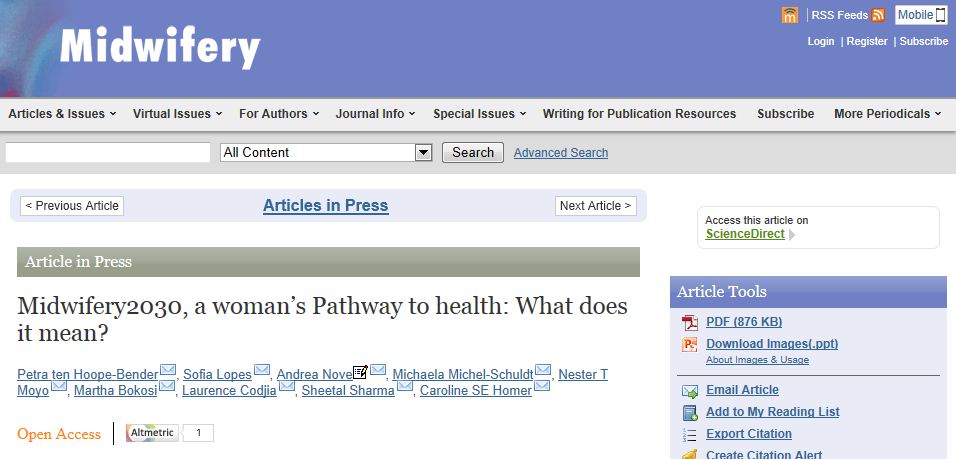
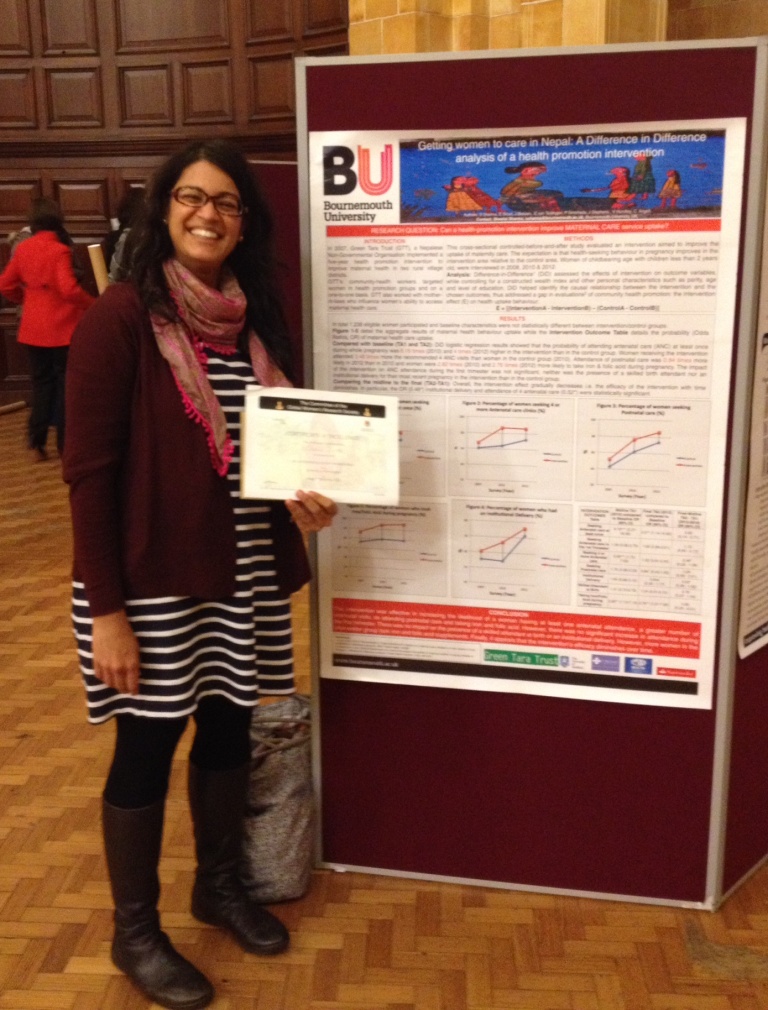













 New CMWH paper on maternity care
New CMWH paper on maternity care From Sustainable Research to Sustainable Research Lives: Reflections from the SPROUT Network Event
From Sustainable Research to Sustainable Research Lives: Reflections from the SPROUT Network Event REF Code of Practice consultation is open!
REF Code of Practice consultation is open! ECR Funding Open Call: Research Culture & Community Grant – Apply now
ECR Funding Open Call: Research Culture & Community Grant – Apply now ECR Funding Open Call: Research Culture & Community Grant – Application Deadline Friday 12 December
ECR Funding Open Call: Research Culture & Community Grant – Application Deadline Friday 12 December MSCA Postdoctoral Fellowships 2025 Call
MSCA Postdoctoral Fellowships 2025 Call ERC Advanced Grant 2025 Webinar
ERC Advanced Grant 2025 Webinar Update on UKRO services
Update on UKRO services European research project exploring use of ‘virtual twins’ to better manage metabolic associated fatty liver disease
European research project exploring use of ‘virtual twins’ to better manage metabolic associated fatty liver disease